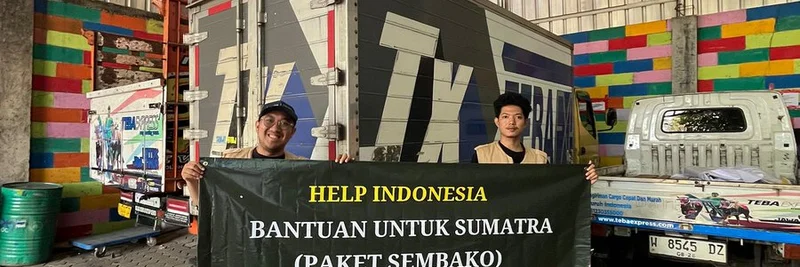In a recent tweet that's sparking discussions across the crypto community, Marty Party, a well-known crypto commentator and host of The Office Space, highlighted a critical issue holding back US innovation. He stated, "Understand - the US government doesn’t even allow rare earths to be manufactured. They regulated all innovation away. This must end asap. Deregulate yesterday." You can check out the full tweet here.
For those not deep into the world of minerals and tech, rare earth elements are a group of 17 metals that are crucial for manufacturing everything from smartphones and electric vehicles to wind turbines and defense systems. They're called "rare" not because they're scarce in the Earth's crust, but because they're tricky and costly to extract and process due to their chemical properties.
Marty Party's point hits on a sore spot: the US heavily relies on imports, especially from China, which controls about 60% of global mining and over 85% of processing for these elements (source). While the US does have some domestic production—like the Mountain Pass mine in California operated by MP Materials—the tweet argues that stringent regulations are choking off expansion and innovation.
Is this claim spot on? Well, it's a bit of an exaggeration to say manufacturing is outright banned, but there's truth in the frustration. Environmental regulations, lengthy permitting processes, and high compliance costs make it tough to ramp up operations stateside. For instance, relocating refining to the US would spike costs due to stricter environmental standards compared to places like China or Malaysia (source). Past administrations, from Trump to Biden, have pushed initiatives to bolster domestic supply chains, including investments in separation capacity and magnet manufacturing (source).
The replies to Marty Party's tweet echo a mix of agreement and concern. One user lamented how regulations are "killing innovation," while another pondered the costs of deregulation, like potential environmental damage. There's even talk of how other countries recycle electronics to extract these minerals, highlighting the global scramble.
Now, why does this matter for meme tokens and blockchain practitioners? Think about it—rare earths are key in producing high-performance magnets and alloys used in computer hardware, GPUs, and servers that power blockchain networks. Crypto mining, AI-driven DeFi protocols, and even the data centers running meme token launches all depend on this tech. If US regulations ease up, it could lead to cheaper, more accessible hardware, sparking a wave of innovation in the crypto space. Imagine faster adoption of blockchain tech without the bottlenecks from supply chain vulnerabilities.
Deregulation isn't without risks, though. Loosening environmental rules could lead to pollution issues, as seen in China's rare earth industry, where cleanup costs run into billions (source). Balancing innovation with sustainability is key, especially as the blockchain world grapples with its own energy consumption debates.
As meme token enthusiasts, keep an eye on this. News like potential deregulation could pump related tokens or inspire new meme projects themed around "rare earth riches" or "deregulation dreams." It's a reminder that macro factors like government policies directly impact our decentralized playground.
What do you think—time to deregulate, or proceed with caution? Share your thoughts in the comments below.

